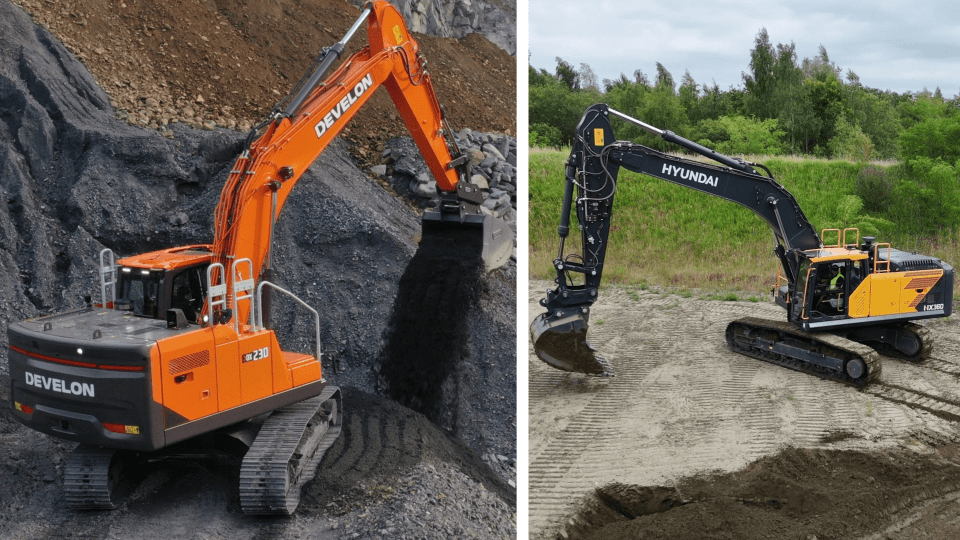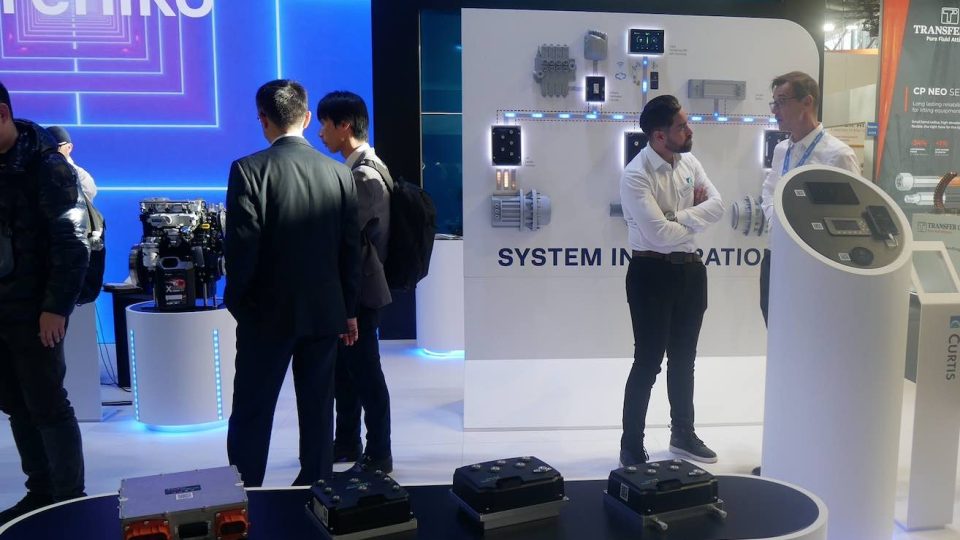Fpt and Vision-Xev to boost powertrains
Fpt Industrial participated in VISION-xEV to develop electrified powertrains Fpt Industrial decided to take part in VISION-xEV. A particular project that focuses on giving a contribution to the advancement of all kinds of electrified powertrain systems. With the support of 14 partners and a total budget of € 3.9 million, VISION-xEV found its origin within […]
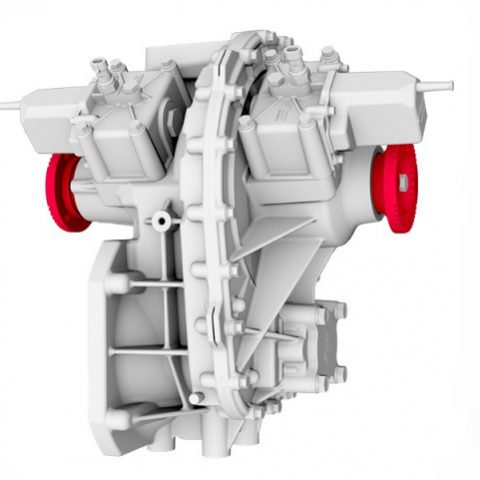
Fpt Industrial participated in VISION-xEV to develop electrified powertrains
Fpt Industrial decided to take part in VISION-xEV. A particular project that focuses on giving a contribution to the advancement of all kinds of electrified powertrain systems. With the support of 14 partners and a total budget of € 3.9 million, VISION-xEV found its origin within the European Commission as part of the European Green Vehicles Initiative, under the Horizon 2020 program.
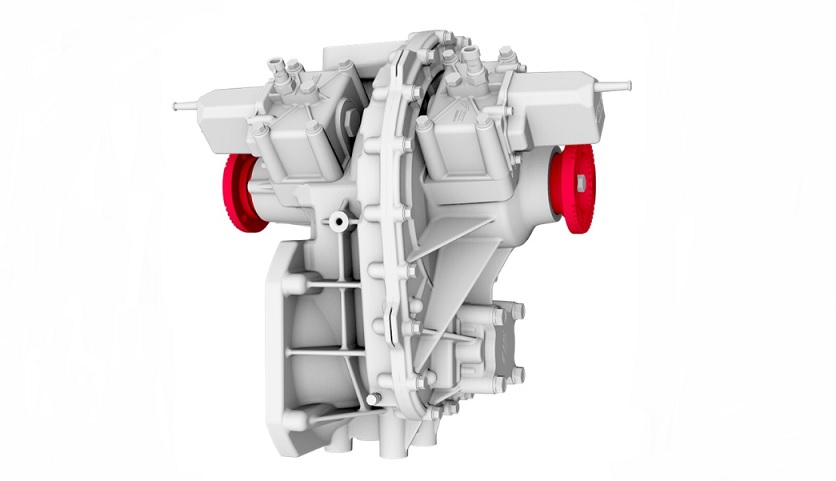
The European automotive industry is facing major challenges, such as the CO2 emission target of 95 g/km in 2020 and the further reduction of emission limits after 2025. Electrification and hybridization of powertrains are paramount to this scenario, even though they increase complexity in the development and integration of the vehicle’s architecture. The goal of VISION-xEV is, in particular, to tackle these challenges by encouraging the collaboration of this group of automotive manufacturers, technology providers and research institutions.
FPT, POWER GENERATION AND ENDRESS
The potential of the project for Fpt Industrial
For Fpt Industrial, the project contributes to innovation activities of its Research and Development center in Arbon, Switzerland. One of its seven R&D locations, this is the Brand’s particular hub for advanced technologies, where the Common Rail technology and the HI-eSCR (High Efficiency Selective Catalytic Reduction system) were developed.
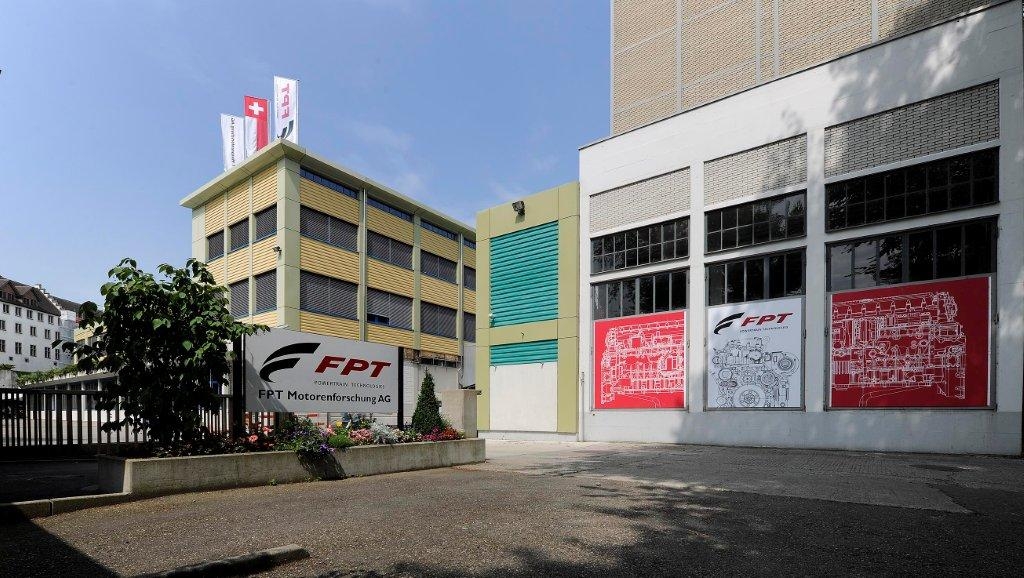
The VISION-xEV project further reaffirms Fpt Industrial’s position in the market as a multi-power solutions provider. On the basis of an extensive knowledge of market trands that came to be over the years, Fpt Industrial understands that there is not a single solution viable for all markets. To this end, last year, the Brand launched its e-Powertrain organization, a team entirely dedicated to the development of electric powertrain solutions.







